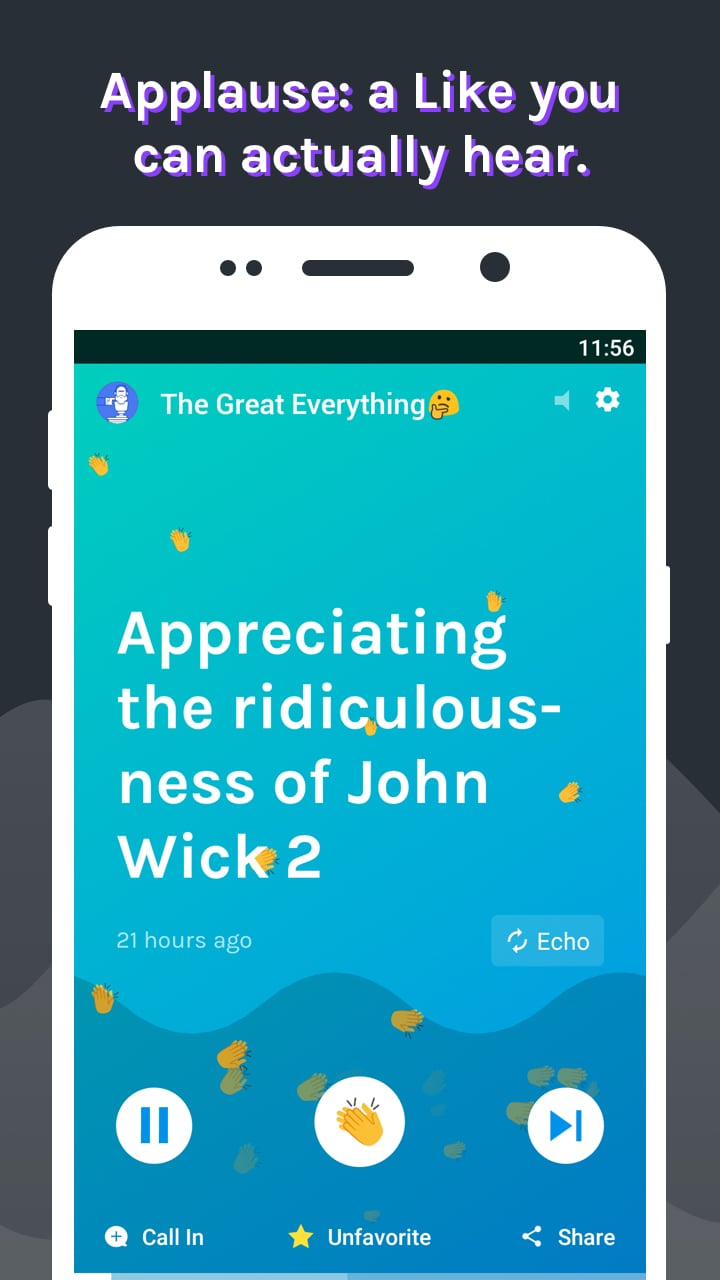
Sadly, all that happened more than 15 years ago. Finally, they maintained an open library of all podcasts submitted to their directory. First, for creating the iPod player, then for including Apple Podcasts as a default app on iPhones. With Anchor, Spotify takes the podcasting mantle from Appleįor years Apple was seen as an unofficial chaperone of the industry. Think of it as upgrading the core technology that podcasts run on. It consists of several projects like Podcast Index or Podcast Namespace. This is an initiative to upgrade the podcast ecosystem to current standards and needs of creators. Even the “Podfather”, as industry insiders like to jokingly call Adam Curry (widely credited for popularizing the podcast medium), has been working on Podcasting 2.0. Sure, RSS has its own problems and limitations. On the other end, anyone can set up a podcast hosting platform.

Anyone can create an app that can download and play podcasts. That means that, just like e-mail, it is run on an open protocol.

The revolutionary change, introduced twenty years ago, was that thanks to the RSS feed podcasting became an open medium. The funny thing is, podcasts essentially are just “audio shows on the internet”. Without that, it’s just an “audio show on the internet”. Purists will always tell you a podcast is only a podcast if there is an RSS feed in its backbone. With Anchor, Spotify cemented its role as the dominant podcast player.


 0 kommentar(er)
0 kommentar(er)
